It is said that every tooth in a man’s head is worth more than a diamond, perhaps that’s the reason children dream of tooth fairies. While we may have outgrown the legend of tooth fairies, the possibility of growing back teeth appears to be coming true. Thankfully a group of Japanese researchers and dentists have made a remarkable discovery that will enable the regrowth of teeth in a human being. The medical company, Toregem Biopharma, funded by Kyoto University, is developing a “tooth regeneration antibody drug” based on the research results of Dr. Katsu Takahashi, Oral and Maxillofacial Surgery, Kyoto University. “The idea of growing new teeth is every dentist's dream,” company co-founder Dr. Takahashi, told Japanese newspaper The Mainichi. “I've been working on this since I was a graduate student.”
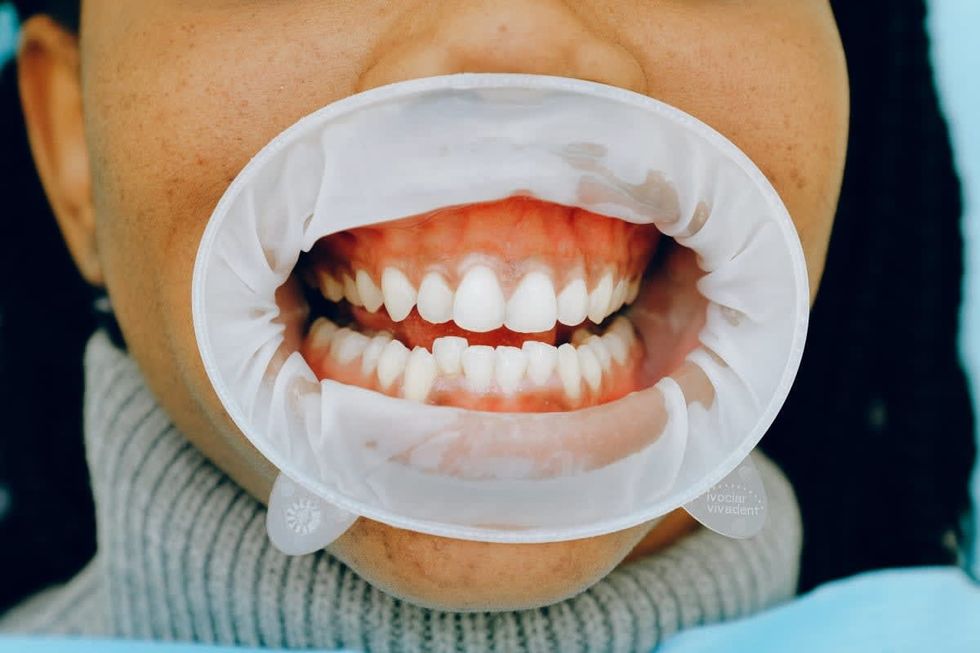
During the span of their research, the first breakthrough came in the year 2007, according to Toregem Biopharma's development project report, when a model mouse with supernumerary teeth (more teeth than usual) was discovered. USAG-1 gene deficiency was found to be the cause of these supernumerary teeth in the model mouse. Based on the findings from the mouse, they concluded that teeth could be regenerated in humans with congenital or acquired tooth defects by inactivating the USAG-1 protein with a drug. To test this hypothesis, they used anti-USAG-1 antibodies to check the biological activity of antibodies. In the current scenario, this experiment is focused on patients affected by a condition called anodontia, a genetic disorder resulting from the lack of a full set of adult teeth, or partial anodontia, that is, lacking some teeth. “A single systemic administration of a neutralizing antibody can generate a whole tooth,” according to the tooth-regeneration research published in the Science Advances journal.
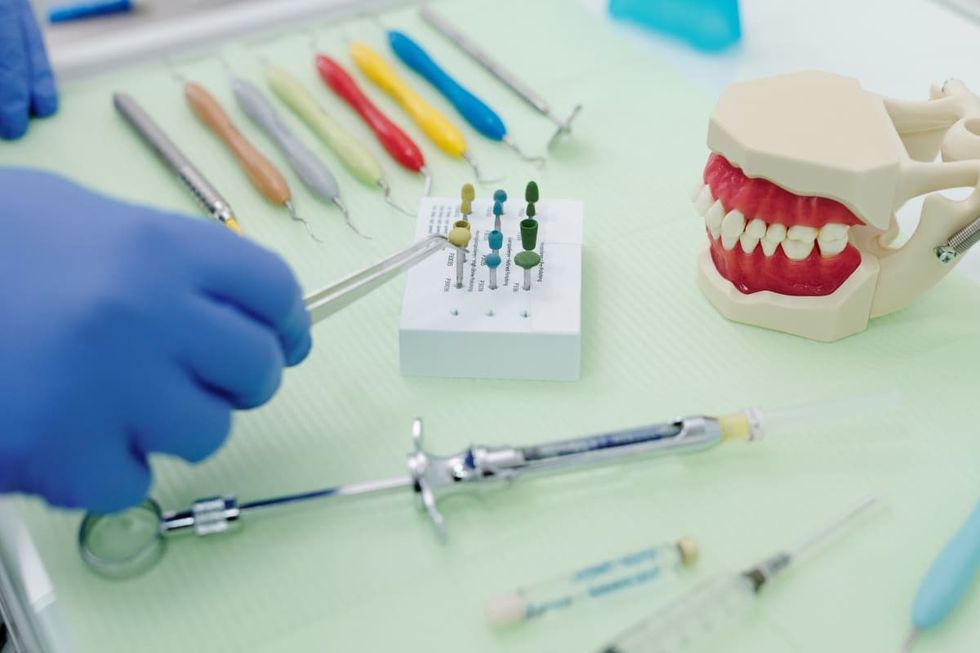
While animals including sharks, lizards and some reptilian species can continuously regrow teeth, it's been assumed that humans only grow two sets of teeth in their lifetime, but, there is evidence that humans also have dormant "buds" for a third set, a fact also elaborated by My Modern Met. The team created an antibody drug that inhibits the protein that suppresses the growth of teeth. The drug works on these buds and stimulates their growth.
Typically, patients suffering from dental disorders have no other treatment option than implants, but if this study works out, it will churn a new alternative and possibility to treat these dental conditions. The study co-author Manabu Sugai of the University of Fukui, explained, “Conventional tissue engineering is not suitable for tooth regeneration. Our study shows that cell-free molecular therapy is effective for a wide range of congenital tooth agenesis," as quoted in the official research publication of Fukui University.
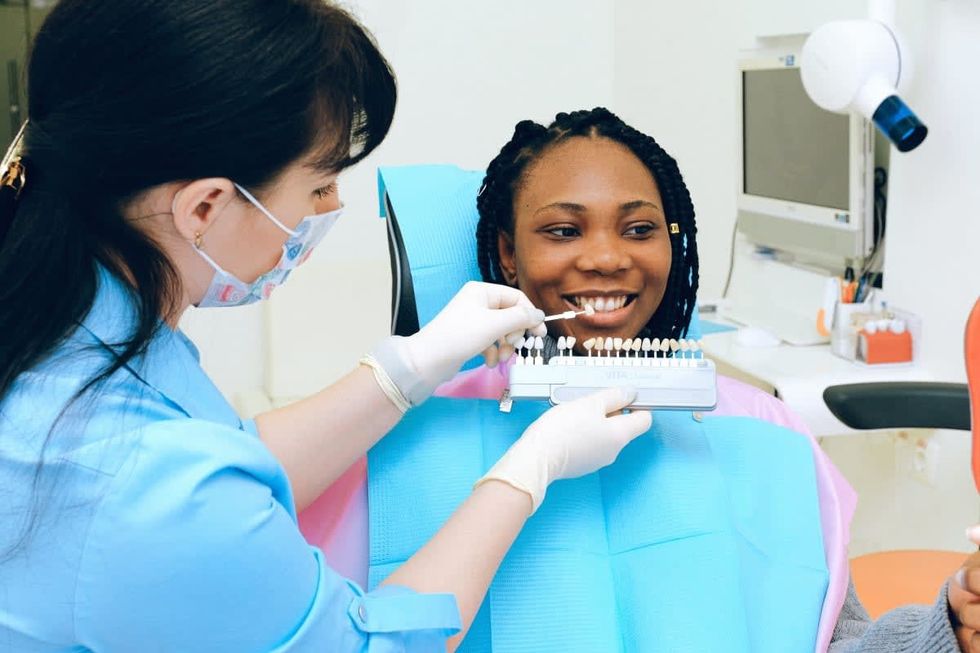
According to The Japan Times, the team plans to hold a clinical trial for the drug in 2025 for children between 2 and 6 years of age, children who are born with the lack of some or all permanent teeth. The children will be injected with one dose to induce teeth growth. The clinical trials for this newfangled research are expected to start in the year 2024, but according to IFL Science, as for now, the researchers say that they are planning to repeat the experiment on other mammals such as pigs and dogs.
Editor's note: This article was originally published on January 19, 2024. It has since been updated.




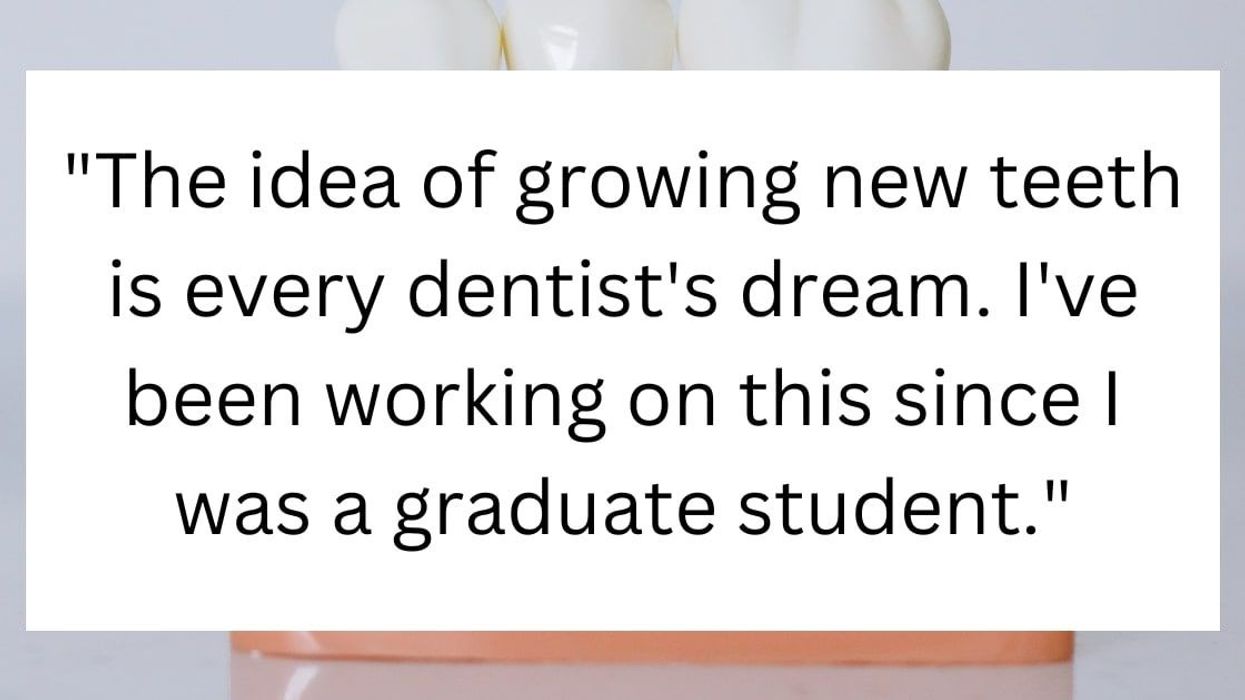












 Blue Ghost Mission 1 - Sunset Panorama GlowPhoto credit:
Blue Ghost Mission 1 - Sunset Panorama GlowPhoto credit: 
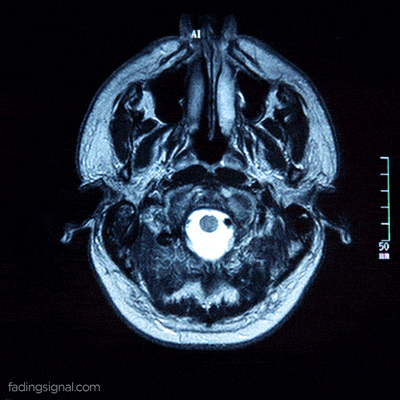 medical school brain GIF
medical school brain GIF woman leaning on man's shoulder
Photo by
woman leaning on man's shoulder
Photo by 
 Ripe bananas
Ripe bananas How we treat produce could be changing for the better.
How we treat produce could be changing for the better.
 The hole in the ozone layer in 2015.Photo credit: Wikimedia Commons
The hole in the ozone layer in 2015.Photo credit: Wikimedia Commons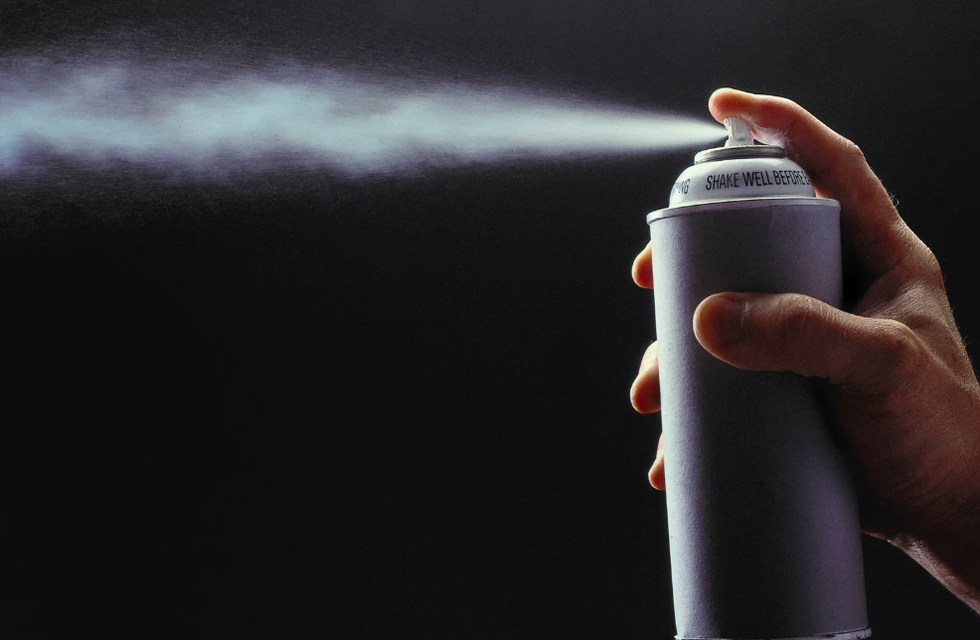 In the 1980s, CFCs found in products like aerosol spray cans were found to cause harm to our ozone layer.Photo credit: Canva
In the 1980s, CFCs found in products like aerosol spray cans were found to cause harm to our ozone layer.Photo credit: Canva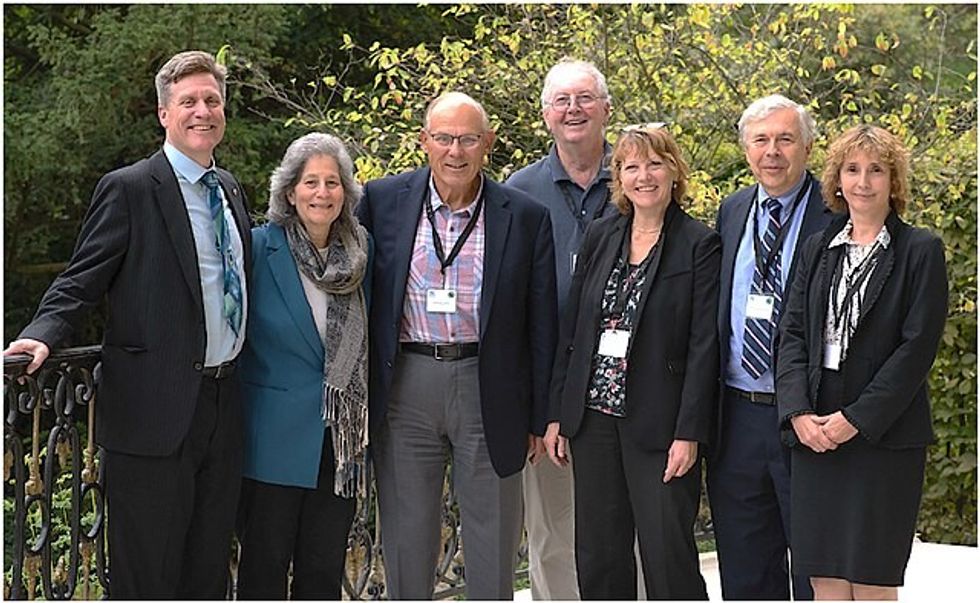 Group photo taken at the 30th Anniversary of the Montreal Protocol. From left to right: Paul Newman (NASA), Susan Solomon (MIT), Michael Kurylo (NASA), Richard Stolarski (John Hopkins University), Sophie Godin (CNRS/LATMOS), Guy Brasseur (MPI-M and NCAR), and Irina Petropavlovskikh (NOAA)Photo credit: Wikimedia Commons
Group photo taken at the 30th Anniversary of the Montreal Protocol. From left to right: Paul Newman (NASA), Susan Solomon (MIT), Michael Kurylo (NASA), Richard Stolarski (John Hopkins University), Sophie Godin (CNRS/LATMOS), Guy Brasseur (MPI-M and NCAR), and Irina Petropavlovskikh (NOAA)Photo credit: Wikimedia Commons
 Getting older means you're more comfortable being you.Photo credit: Canva
Getting older means you're more comfortable being you.Photo credit: Canva Older folks offer plenty to young professionals.Photo credit: Canva
Older folks offer plenty to young professionals.Photo credit: Canva Eff it, be happy.Photo credit: Canva
Eff it, be happy.Photo credit: Canva Got migraines? You might age out of them.Photo credit: Canva
Got migraines? You might age out of them.Photo credit: Canva Old age doesn't mean intimacy dies.Photo credit: Canva
Old age doesn't mean intimacy dies.Photo credit: Canva
 University President Eric Berton hopes to encourage additional climate research.Photo credit: LinkedIn
University President Eric Berton hopes to encourage additional climate research.Photo credit: LinkedIn